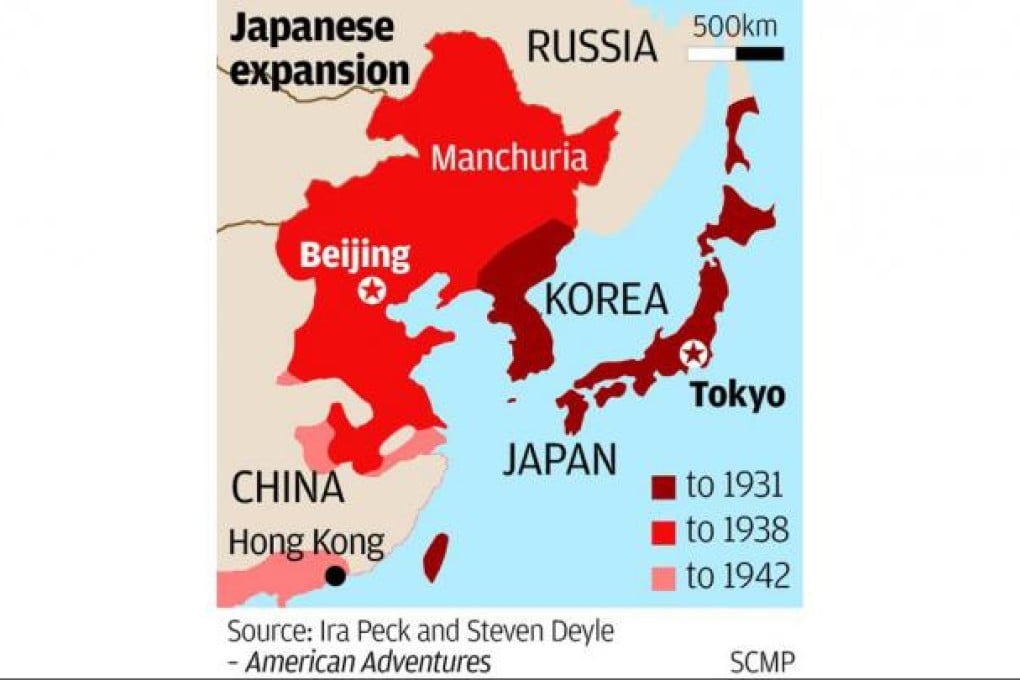Mukden Incident saw Japanese military invent excuse for invasion

The Mukden Incident of 1931 - commemorated in China every year as an act of Japanese aggression - saw Japanese troops blow up a railway in northeastern China as an excuse to take over Manchuria.
Japan had already been expanding its territory in Asia militarily for several decades.
After defeating China in 1894-95, it established itself in the Korean Peninsula, Taiwan and southern Manchuria, and by winning a 1904-05 war with Russia it solidified control of Korea, which it later formally colonised.
Tokyo had a particular interest in resource-rich Manchuria, a strategic location and an industrial and transport hub - benefits that seemed vital given the global economic troubles experienced at that time.
Japanese officials in Manchuria also felt growing pressure to assert control of the area, to thwart rising popular dissatisfaction with their presence and increasing closeness with China "proper" south of the Great Wall.
The ethnic Han Chinese population had grown in recent decades through immigration to the region, home to the indigenous Manchus.